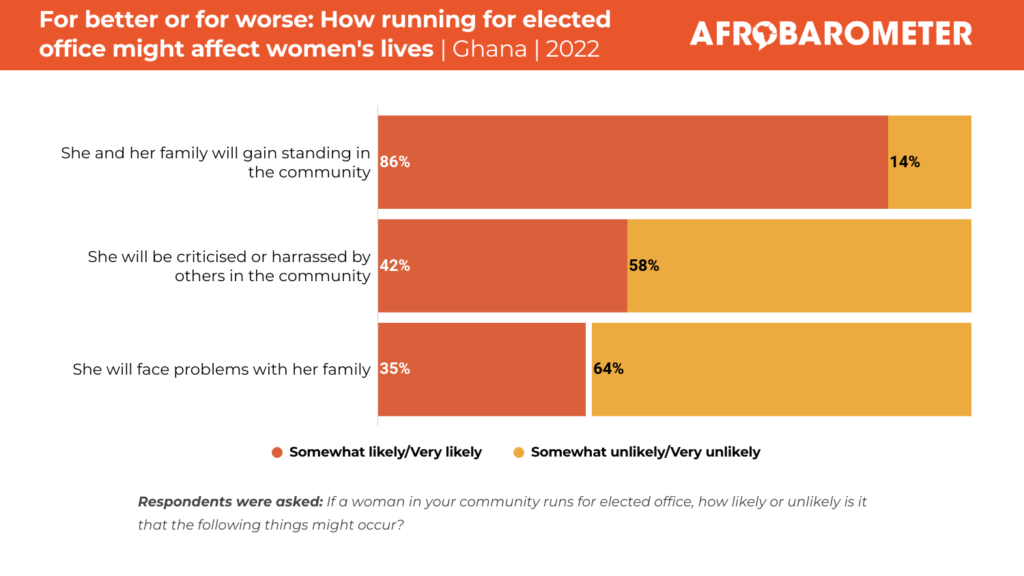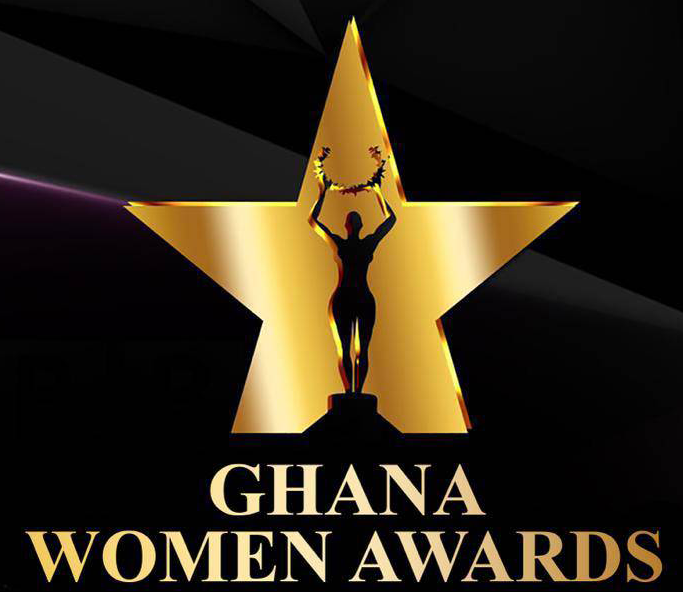Preamble
Women still trail men in educational attainment, ownership of key assets, financial autonomy and political leadership. The Awards seek to identify, recognize and reward women who have distinguished themselves in their various fields of endeavours and are making significant impact in the society and transforming lives.
Background
OVER the years, the world has witnessed how the female gender has worked its way from the pits to the top, ever defying what the world thinks they should be, consistently debunking and taken-for-granted realities that the world has spun against them. They have fought all their way against social restrictions, discrimination, oppression, and violence. Whoever thought, a woman could be an Astronaut, President, a Prime Minister, Minister, or a Corporate Chief?
Women have come this far, and that enough is a reason to celebrate. Once branded as the weaker sex, once thought as incapable, once limited to the confines of their homes, women have emerged and proven the world wrong. And look what light and goodness they have brought to this world, they have evolved into impressive role models in every aspect of life.
Girls are in universities, women are in boardrooms, even construction sites, places where decades and centuries ago were purely dominated by men.
In Ghana, women are currently doing great. Recently, the country can boast of a number of Female Chief of Staff, Speaker of Parliament, Chief Justice, Ministers, Parliamentarian, Lawyers, CEOs and women in top Managerial positions. Surely, women have unique balancing qualities that can never be found in men.
Thankfully, through women empowerment and movements, and through a changed set of world perspectives, women have been given the chance to rise above all limitations to become icons of beauty and accomplishment to other women, children and society at large.
Research
Despite significant progress, large inequalities in term of gender disparities persist in Ghana. A research conducted estimates that just one of the richest men earns more in a month than one of the poorest women could earn in 1,000 years In Ghana even though women constitute about 51% of the total population, the country has witnessed low participation of women in leadership roles since independence. Out of 275 parliamentarians only 40 are women representing about 16%. Similarly, only
18 women are appointed as Ministers out of the 86 current ministerial positions, representing about 21%.
The situation is not different at the local government level, where out of the current 261 metropolitan municipal and district chief executives, only 38 are women, with the remaining 223 being men . Though these statistics suggest some progress made from previous years, there is still more work to be done to bridge the gender inequality gap.
Globally, women continue to trail men in education, economic opportunity, political leadership, and other areas. The United Nations Sustainable Development Goal No. 5 – achieving gender equality and empowerment of all women and girls by 2030 – appears even more remote given the setbacks of the COVID-19 pandemic (United Nations, 2022; UN Women, 2022).
Ghana is doing worse than most countries in advancing toward gender equality, according to the 2021 Global Gender Gap Index, which ranks Ghana 117th out of 156 countries – 23rd in sub-Saharan Africa – on its progress (World Economic Forum, 2021). The index report notes that women’s income in Ghana is just 29.2% of men’s, second-worst on the continent after Mali (28.1%).
Similarly, Ghana’s 2021 census (Ghana Statistical Service, 2021a, 2021b) found that while women outnumber men in the service sector, they are underrepresented at management levels. More girls and women than boys and men have never attended school and lack literacy. Among 275 parliamentarians in Ghana, only 40 (14.6%) are women, and among 6,000 assembly members across the country, only 216 (3.6%) are women (Parliament of Ghana, 2022; allAfrica.com, 2022).
Ghana’s commitment to gender equality is reflected in its Constitution, which prohibits gender discrimination and mandates “reasonable regional and gender balance in recruitment and appointment to public offices” (Republic of Ghana, 1996); its ratification of the Maputo Protocol (African Union, 2005) and other international agreements; and its national policy and institutional framework (Women and Girls Empowered, 2022). But its long- awaited Affirmative Action Bill, which calls for a progressive increase in women’s active participation in the public bureaucracy to achieve parity by 2030, has yet to be passed, despite government promises to do so in 2017 and 2020 (Ghana Today, 2022).
This dispatch reports on a special survey module included in the Afrobarometer Round 9 (2021/2022) questionnaire to explore Africans’ experiences and perceptions of gender equality.
Survey findings show that in Ghana, women still lag behind men in educational attainment, ownership of key assets, and financial autonomy. Strong majorities of citizens express support for women’s right to equality in hiring, in land ownership, and in political leadership. But sizeable minorities also consider it likely that female candidates for elective office might suffer criticism, harassment, or family problems.
A majority of Ghanaians say the government needs to do more to promote equal rights and opportunities for women.

In this respect, Brein Consult in Collaboration with the Ministry of Gender, Children and Social Protection instituted this annual event to honour Women in the country whose significant contributions towards the nation’s growth cannot be over looked.
The primary objective of Ghana Women Awards project is to promote Gender Equality and empower all women and Girls, a key focal point under SDG 5. The project is designed to throw more light on women achievers and women transforming lives.
Know More Contact
Brein Consult has been organizing best awards events since 2009
Contact us For Any Questions !










